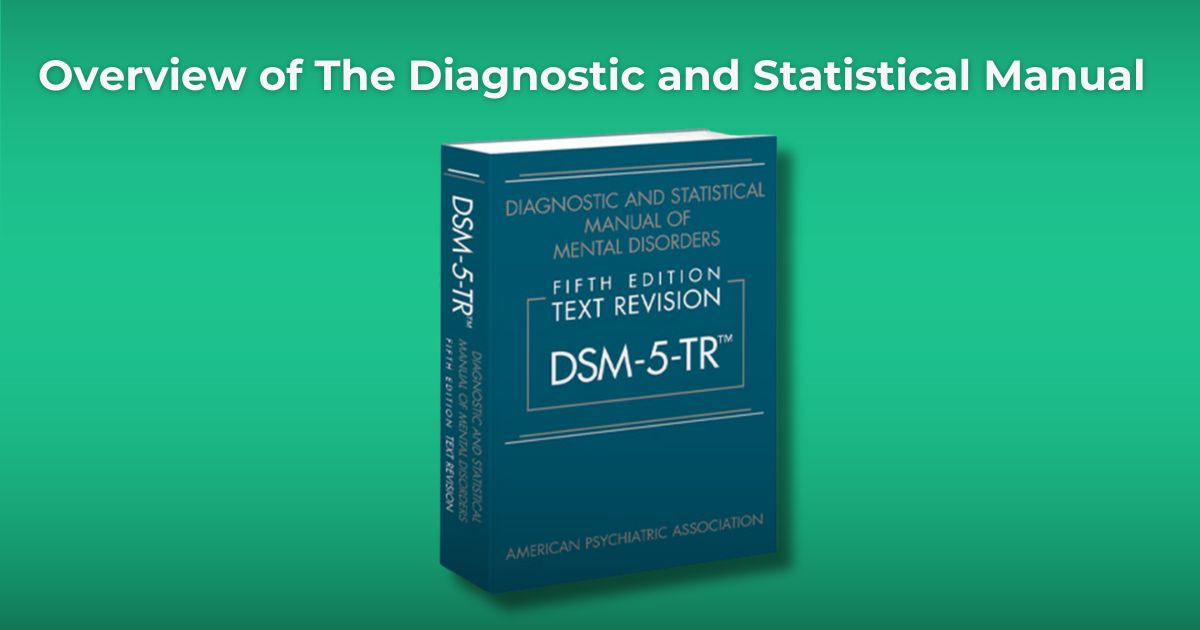In 2013, Asperger’s Syndrome was officially retired as a diagnosis with the release of the new edition of the American Psychiatric Association’s Diagnostic and Statistical Manual of Mental Disorders (DSM-5). Asperger’s Syndrome is now classified under level 1 autism spectrum disorder (ASD), or autism with low support needs.
Join us as we unravel the differences between Asperger’s Syndrome and autism, fostering a deeper appreciation for the diversity within the autism spectrum and promoting greater awareness of how these conditions manifest in everyday life.
About Autism Spectrum Disorder
Autism spectrum disorder is a complex neurodevelopmental condition characterized by a range of challenges related to social interaction, communication, and repetitive behaviors. ASD encompasses a spectrum of strengths and difficulties, with individuals displaying varying degrees of impairment and unique characteristics.
The condition typically manifests in early childhood and persists throughout the lifetime. While the exact causes of ASD remain unclear, professionals speculate it to be a combination of genetic and environmental factors that contribute to the cause.
Early intervention and tailored support can significantly enhance the quality of life for individuals with ASD, promoting their social and educational development. Embracing neurodiversity and understanding the diverse experiences within the spectrum is essential for fostering inclusivity and providing appropriate resources for those with ASD.
Symptoms of Autism Spectrum Disorder
Autism spectrum disorder includes a range of symptoms that manifest across various developmental domains. Social difficulties, such as: challenges in forming and maintaining relationships, limited eye contact, and difficulty understanding non-verbal cues, are common in individuals with ASD.
Communication difficulties may include delayed language development, repetitive verbal patterns, and difficulty understanding sarcasm or metaphors. Another hallmark of ASD is repetitive behaviors or intense focus on specific interests, often to the exclusion of others.
Sensory sensitivities, ranging from heightened or diminished responses to stimuli, are also prevalent. While the severity and combination of symptoms vary, early identification and intervention play a crucial role in supporting individuals with ASD to navigate the world more effectively and lead fulfilling lives.
About Asperger’s Syndrome
Asperger’s Syndrome, once considered a distinct condition, is now recognized as part of the broader autism spectrum disorder (ASD). Named after Austrian pediatrician Hans Asperger, this neurodevelopmental disorder manifests in unique patterns of behavior and interests.
Individuals with Asperger’s symptoms often exhibit social interaction and communication challenges but may display intense focus and expertise in specific areas. Unlike classical autism, those with Asperger’s typically do not experience significant delays in language development.
Understanding the intricacies of autism vs Asperger’s in adults is vital for creating inclusive environments that appreciate the diverse strengths and challenges individuals on the spectrum bring to society.
Diagnostic Criteria for Asperger’s Syndrome
The diagnostic criteria and Asperger traits checklist underwent significant changes in the fifth edition of the Diagnostic and Statistical Manual of Mental Disorders (DSM-5). Unlike earlier classifications, Asperger’s is no longer considered a separate diagnosis but is now within the broader category of autism spectrum disorder.
The DSM-5 emphasized two core domains for ASD diagnosis: persistent deficits in social communication and social interactions and restricted or repetitive patterns of behavior, interests, or activities. Specific criteria include challenges in reciprocal social interactions, difficulties in nonverbal communication, and the presence of repetitive behaviors or intense interests.
The revised framework aims to provide a more comprehensive and accurate understanding of individuals on the autism spectrum, including those who might have previously been diagnosed with Asperger’s syndrome.
How Is Asperger’s Different From Autism?

Navigating the distinctions between Asperger’s syndrome and autism is an essential exploration in understanding the diverse spectrum of neurodevelopmental disorders. While both conditions fall under the umbrella of Autism spectrum disorder, subtle variations exist that can significantly impact an individual’s experiences and interactions. In this section, we will dive into the nuanced differences between Aspergers vs. autism.
Difference No. 1: There’s Rarely a Language Delay
One crucial distinction between Asperger’s syndrome and autism is the presence of language delays. In Asperger’s, individuals typically exhibit age-appropriate language development, marked by the absence of significant delays in speech and communication skills.
This symptom contrasts classical autism, where language delays are a hallmark feature. The absence of such delays in Asperger’s syndrome allows individuals to engage in verbal communication early on, facilitating a different trajectory in social and educational experiences.
Understanding this difference is crucial in recognizing the diverse manifestations of autism spectrum disorder, as it highlights the unique communication profiles that contribute to the intricate tapestry of neurodevelopmental variations.
Difference No. 2: IQ May Be Higher Than Normal
Another notable difference between Asperger’s syndrome and autism lies within cognitive abilities, particularly intelligence quotient (IQ). Individuals with Asperger’s may often exhibit average to above-average IQ scores, showcasing strengths in specific areas of interest.
In contrast, autism may be associated with a broader range of cognitive abilities, with some individuals experiencing intellectual disability while others demonstrate average or above-average intelligence.
The higher likelihood of a normal to high IQ in Asperger’s underscores the unique cognitive profile within the Autism spectrum disorder. Recognizing this difference is crucial for tailoring educational strategies and support, acknowledging the diverse intellectual capabilities contributing to the multifaceted nature of neurodevelopmental conditions.
Difference No. 3: Time of Diagnosis
The timing of diagnosis serves as a distinctive factor between Asperger’s syndrome and autism. Historically, Asperger’s was often diagnosed later in life, typically during school-age years or adulthood, due to its subtler early manifestations.
In contrast, identification of autism generally occurs in early childhood, primarily due to noticeable language and developmental delays. However, with the reclassification of Asperger’s Syndrome under the autism spectrum disorder umbrella in the DSM-5, the timing of diagnosis has become more aligned.
Now, both conditions are generally diagnosed within the early developmental stages, emphasizing the importance of early recognition and intervention to provide timely support for individuals on the autism spectrum, regardless of the specific diagnostic label.
Difference No. 4: Brains Are Wired and Shaped Differently
A fundamental distinction between Asperger’s Syndrome and autism lies in the unique ways their brains are wired and shaped. While both fall under the umbrella of ASD, studies suggest differences in brain connectivity and structure.
Individuals with Asperger’s may exhibit specific patterns of neural wiring, often associated with heightened attention to detail, intense focus on particular interests, and a propensity for logical thinking. Autism, on the other hand, may be characterized by more varied neurological profiles influencing communication, social interaction, and sensory processing.
Recognizing these divergent neural pathways is crucial for understanding the various cognitive and behavioral traits within the spectrum, ultimately contributing to a more nuanced approach to support and inclusion for individuals with Asperger’s or autism.
Difference No. 5: Less Severe Symptoms in Asperger’s
A significant difference between Asperger Syndrome and autism lies in the severity of symptoms. Individuals with Asperger’s often present with milder manifestations compared to classical autism, particularly in the realms of social communication and repetitive behaviors.
While both conditions share some similar features, such as challenges in social interactions and restricted interests, the less severe symptoms of Asperger’s allow for greater functional independence.
This distinction highlights the breadth of the spectrum, emphasizing that individuals with Asperger’s may navigate daily life with fewer obstacles than those with more pronounced symptoms. Recognizing these subtleties is essential for tailoring support and interventions to address the unique needs and strengths of individuals across the diverse spectrum of autism spectrum disorder.
Get an Accurate Evaluation Oakland,CA | Ability Psych Services

Understanding the differences between Asperger’s Syndrome and autism is crucial for fostering inclusive environments and providing targeted support. From language development to cognitive abilities and symptom severity, these distinctions highlight the diverse spectrum of ASD.
For an accurate evaluation tailored to individual needs, Oakland, CA, residents are encouraged to contact our expert professionals at APS. Whether seeking guidance for yourself, a family member, or a student, our team dedicates itself to providing comprehensive assessments and support to enhance the well-being and success of those on the autism spectrum. Call us today for a personalized and informed approach to neurodevelopmental evaluations!




